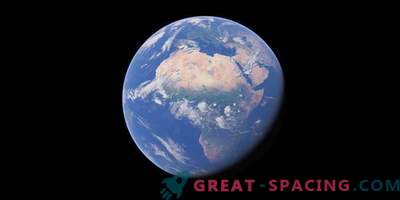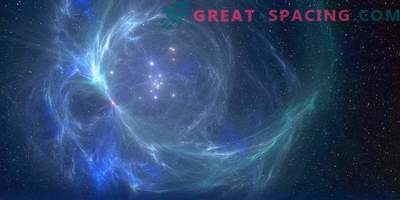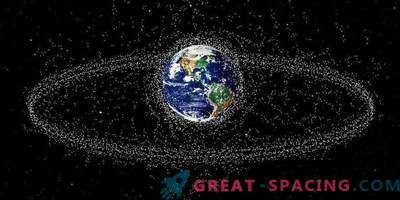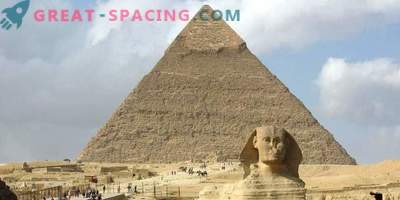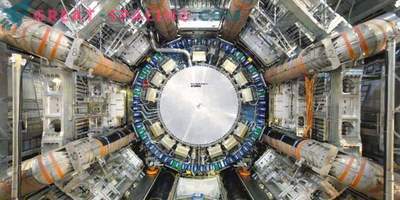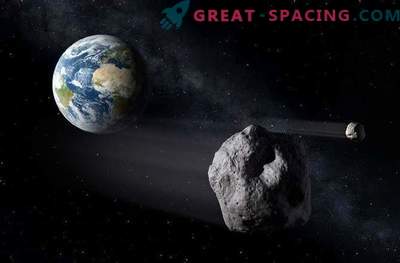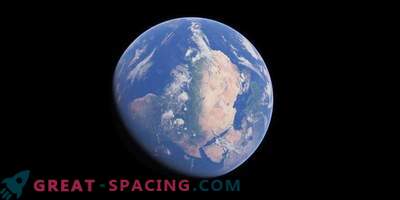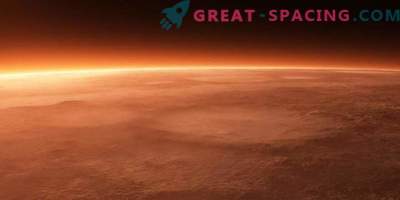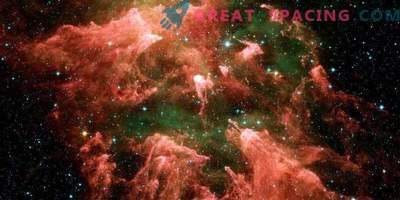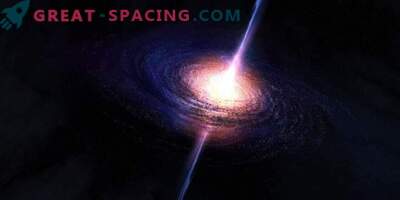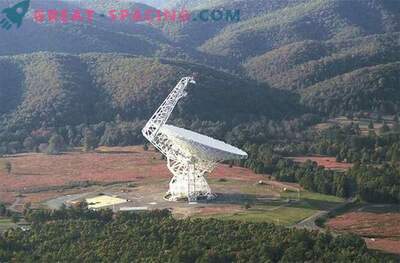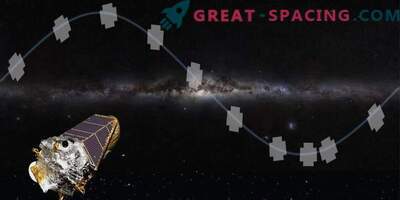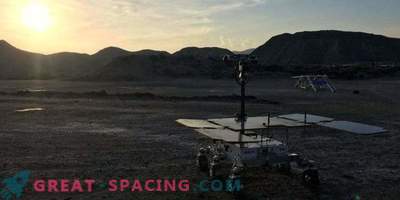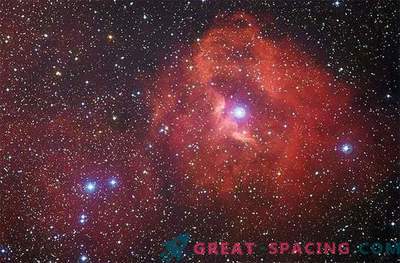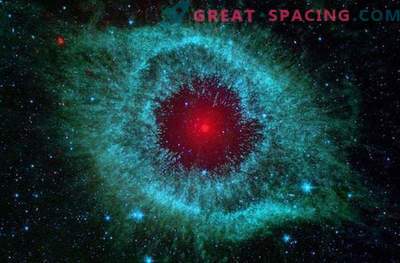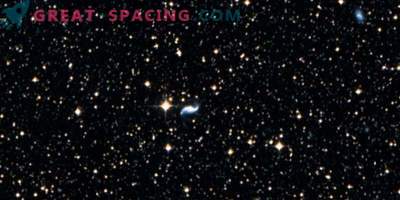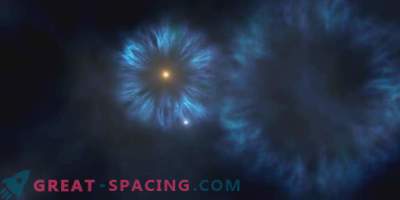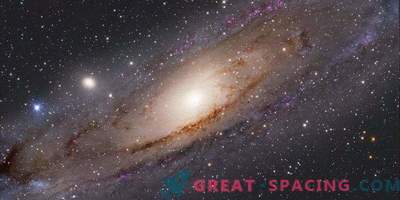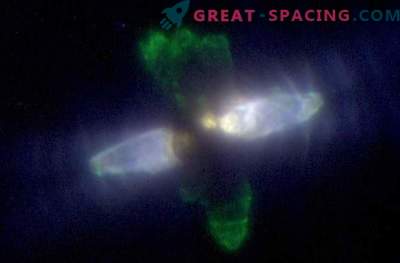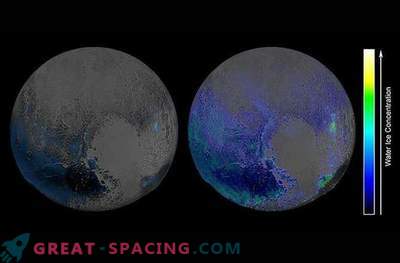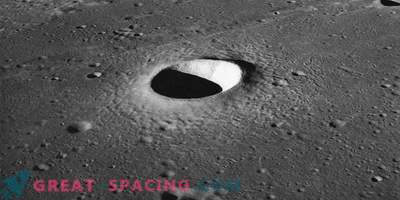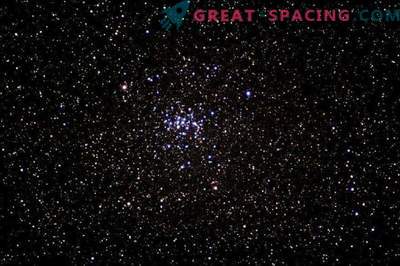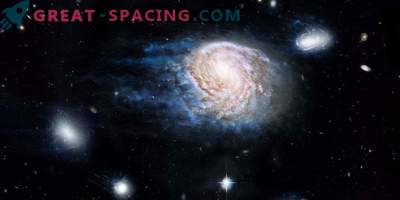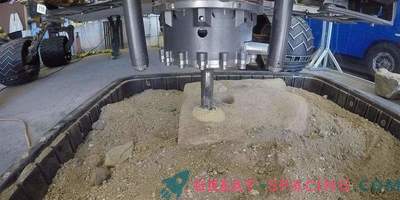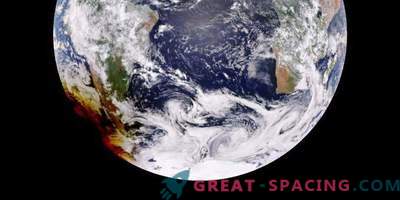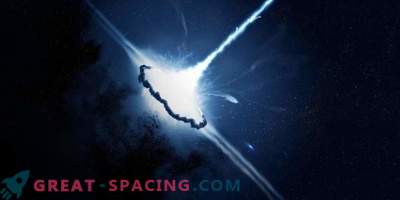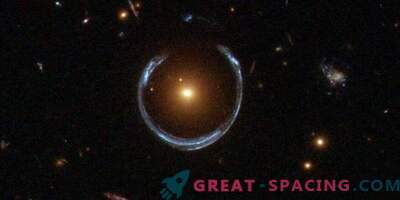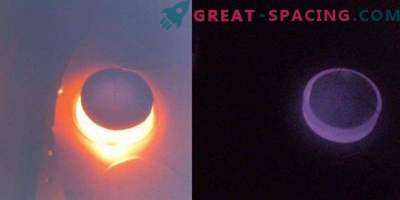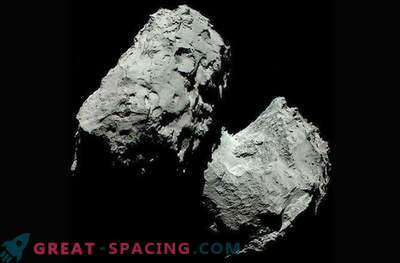
It just so happened that a person considers himself the master on his home planet. Everywhere traces of our activity are visible, which influenced the Earth itself. And what will happen if humanity is removed from history?
Let's assume at once two scenarios: there has never been a human, and people disappear suddenly.
Earth without people
The farthest relative of humanity appeared about 1.2 million years ago, but a reasonable person appeared on the arena only 200,000 years ago. Let's imagine that our species never developed at all, but nature continued to go its own way.
Experts believe that the modern world without people will look completely different. To begin with, about 100,000 years ago, man separated from nature. If earlier we were limited to gathering and hunting, then agriculture replaced them. It turns out that land and animals have become resources that can be changed, used, developed and destroyed.

Man has greatly influenced the ecosystem. It was beneficial to raise livestock and get rid of predators. Most likely, without humans, a wider variety of large animals would be observed. For example, now moose, wolves, bears, elephants and rhinos in large numbers could wander around Europe. People continue to destroy species in the modern world, but they increase the number of livestock. True, these are no longer known cows and chickens, but genetically modified ones.
Especially strongly human activity has affected the underwater world, as there would be many more varieties of life. At a minimum, it would be possible to observe a huge number of whales, dolphins and fish, which is now being caught for sale. Our climate would be colder, since it was human activity that caused melting of glaciers, a decrease in the density of the ozone layer and air pollution. In a world without people, the sea level will be 0.5 m lower, because the planet will save glaciers. Add also diversity in the plant world and the preservation of forests and marshes.
Another important difference - a huge number of insects! And it will be large copies. Human activities (especially the use of pesticides) led to the death of many insect species. Most likely, giant butterflies, mosquitoes and beetles could fly on Earth.
Is it possible?
It turns out that the Earth would be a flowering paradise. No buildings, factories, artificial noise, debris, pollution in the air and water. A sheer riot of nature, a variety of flora and fauna. But is it possible?
There is an interesting concept - convergent evolution. Its meaning is simple: if our species did not appear, then this place was taken by another form of life. That is, there is an opinion that all the same there should appear a living being, which will go along a similar path of development and create something resembling human activity. It turns out that we just took this chance from other species.
Sudden Disappearance

Now let's imagine our modern world with cities and the consequences of human activity, but suddenly we will remove all people. How will the planet change?
The first changes will begin in just a couple of hours. No one looks after factories and refineries. There will be accidents, fires, and in a couple of days most of the emergency generators will turn off. For the first time in many centuries, the earth will plunge into darkness. The first month will be catastrophic, but then the pace will slow down. During the first 20 years, pavements will be destroyed by weeds and tree roots. The water in the tunnels (which were left without control) will go out. The houses will begin to leak pipes and most of the skyscrapers after decades collapse.
Houses in the countryside will last longer. But they will suffer because of mold, rodents and insects. For some 75 years, the support beams will rot, and the houses will sinking or collapse. Plants will finally get a chance to break into big cities, destroy the remnants of concrete surfaces and cover the remaining structures.

Animals will start moving over the surviving bridges to new habitats. Wild species will be able to quickly adapt, but most of the tamed animals (except dogs, cats and pigs) will die, having lost the usual care. Birds will feel much better, since artificial lighting will no longer disturb them during periods of seasonal migrations.
The climate no longer suffers from a person, so it will gradually begin to recover. After 35,000 years, the last traces of lead will disappear, and after 65,000 years, CO2 levels will return to normal. Examples of human art will last longer. For example, monuments from granite will stand for about 7.2 million years, and bronze sculptures will remain recognizable even after 10 million years.
All will end with the fact that the planet will be freed from the traces of man, leaving this world in the paws of animals. Perhaps one of the species will take our place and sometime build new cities. What do you think?

